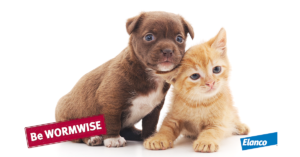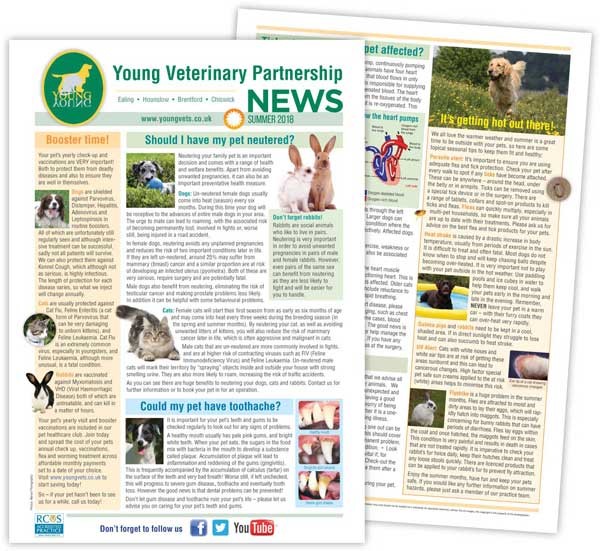Microchips With Everything!
Having your pet microchipped is absolutely vital! Our Spring News Blog, discussed why microchips are so vital for almost all pets. As you are hopefully aware, it is now compulsory to microchip dogs over the age of 8 weeks old. It is also vitally important to keep your pets microchip details up to date, have you changed your address recently, changed your mobile number – DON’T FORGET to update your pets microchip details.

Thinking of going to a rescue centre to re home a pet this Spring, or contacting a breeder to view a new family member? Our Spring News has put together a check-list of things to do when your new family member arrives! From pet insurance to dental care – there’s lots to remember.

Covid – 19 and early socialisation.
Unfortunately due to Covid 19, the pandemic has made it much harder to socialise young pets. Our Spring News discusses how a good breeder or rescue centre can help start your pets socialisation process when they are young, but if you are struggling with your lockdown pet hitting their Teenage Stage then please do ask our team or seek a qualified behaviourist for advice and support.

We hope you enjoy reading our Spring News Blog – If you have a question regarding any of the articles mentioned do not hesitate to discuss any concerns at your pets next appointment or telephone your local Young Vets Surgery.
Are you new to the West London area – looking for a vet to help you care for your pet? Register with our team today and visit a vet who is passionate about your pet.
area – looking for a vet to help you care for your pet? Register with our team today and visit a vet who is passionate about your pet.





